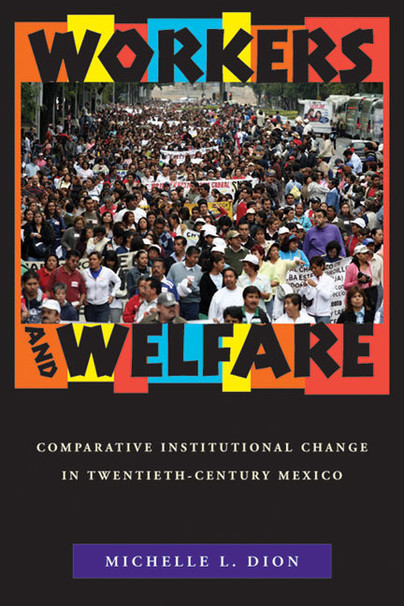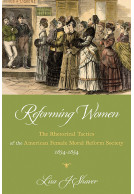Google Books previews are unavailable because you have chosen to turn off third party cookies for enhanced content. Visit our cookies page to review your cookie settings.
Workers and Welfare (Paperback)
Comparative Institutional Change in Twentieth-Century Mexico
Imprint: University of Pittsburgh Press
Series: Pitt Latin American Series
Pages: 336
ISBN: 9780822960454
Published: 28th February 2010
Script Academic & Professional
Series: Pitt Latin American Series
Pages: 336
ISBN: 9780822960454
Published: 28th February 2010
Script Academic & Professional
This book will be reprinted and your order will be released in due course.
You'll be £45.00 closer to your next £10.00 credit when you purchase Workers and Welfare. What's this?
+£4.99 UK Delivery or free UK delivery if order is over £40
(click here for international delivery rates)
Order within the next 1 hour, 51 minutes to get your order processed the next working day!
Need a currency converter? Check XE.com for live rates
(click here for international delivery rates)
Order within the next 1 hour, 51 minutes to get your order processed the next working day!
Need a currency converter? Check XE.com for live rates
After the revolutionary period of 1910-1920, Mexico developed a number of social protection programs to support workers in public and private sectors and to establish safeguards for the poor and the aged. These included pensions, healthcare, and worker's compensation. The new welfare programs were the product of a complex interrelationship of corporate, labor, and political actors. In this unique dynamic, cross-class coalitions maintained both an authoritarian regime and social protection system for some seventy years, despite the ebb and flow of political and economic tides.By focusing on organized labor, and its powerful role in effecting institutional change, Workers and Welfare chronicles the development and evolution of Mexican social insurance institutions in the twentieth century. Beginning with the antecedents of social insurance and the adoption of pension programs for central government workers in 1925, Dion's analysis shows how the labor movement, up until the 1990s, was instrumental in expanding welfare programs, but has since become largely ineffective. Despite stepped-up efforts, labor has seen the retrenchment of many benefits. Meanwhile, Dion cites the debt crisis, neoliberal reform, and resulting changes in the labor market as all contributing to a rise in poverty. Today, Mexican welfare programs emphasize poverty alleviation, in a marked shift away from social insurance benefits for the working class.
Other titles in the series...
Other titles in University of Pittsburgh Press...





















